
National Education Day 2021: Education Day in India is
celebrated each in November, to celebrate the birthday of India's first
Minister for Education, India Maulana Abul Kalam Azad. Maulana Azad Abul Kalam was the first minister of
education of independent India from 1947 until 1958. He was posthumously awarded India's highest civilian award,
Bharat Ratna in the year 1992.
Since
the year 2008, November 11 has been observed as National Education Day to mark
the birthday of the first Indian education minister, Abul Abdul Kalam Ghulam
Mohiyuddin. He was affectionately referred to
for his role as Maulana Abul Kalam Azad during his tenure as the minister of education
in independent India for more than ten years between 1947 and 1958. He was posthumously awarded India's highest civilian award,
Bharat Ratna in the year 1992.
In
addition to holding the position as India's minister of education Abul kalam
Azad donned many roles as a journalist as well as a political activist, freedom
fighter and educationist. Below
are five less-known pieces of information about Azad, the former minister of education
who revolutionized the educational system in India.
Maulana Abdul Kalam Azad was
born Saudi Arabia
Maulana
Abul Kalam Azam was born in Mecca, Saudi Arabia in 1888. His mom was Arab and was the child of the Sheikh Mohammad
Zaher Watri and Azad's father, Maulana Khairuddin, was a Bengali Muslim of
Afghan origins who arrived in Arab at the time of the Sepoy Mutiny and
proceeded to Mecca and settled in Mecca. He
returned to Calcutta along with his parents in the year 1890. Abul Kalam was
two years old.
Abul Kalam was homeschooled and
spoke many different languages
Azad
was a student of traditional Islamic education. He was educated at home by his father and then by
teachers appointed by the government who were experts in their particular areas. Azad was educated in Arabic and Persian at first, and
later mathematics, geometry, philosophy and algebra. Azad also studied English and world history as well as
politics, by studying on his own. Azad
also spoke Hindustani, Hindi and English languages.
The two journals that were
created weekly two weeks ago - Al-Hilal as well as Al-Balagh to promote unity
between Hindus and Muslims.
The
year 1912 was the time that Maulana Abul Kalam Azad began a weekly newspaper in
Urdu known as Al-Hilal to expand the revolutionary enlisting of Muslims. Al-Hilal played a crucial role in the formation of
Hindu-Muslim harmony following the conflict between both communities in the
wake of the Morley-Minto reforms. Al-Hilal
was transformed into a revolutionary voice with extreme opinions. The government considered Al- Hilal as a promoter of
secessionist ideas and was banned in 1914.
Maulana Abul Kalam Azad created a new weekly, Al-Balagh which had the exact goal of spreading Indian nationalist ideas and revolutionary concepts that were based on the Hindu-Muslim unite. In 1916 the government banned this publication as well and also exiled Maulana Abul Kalam Azad out of Calcutta and forced the journalist to Bihar and then Bihar, where he was released following during the First World War 1920.
Maulana
Abul Kalam Azad was a supporter of the Non-Cooperation Movement started by
Gandhiji and was a member of the Indian National Congress in 1920. He was elected to be the President in the Special Session
of Congress held in Delhi (1923). At
the age of 35, he was the youngest individual to be the president of the Indian
National Congress.
Maulana
Azad was detained in 1930, for violating the salt laws in the context of
Gandhiji's Salt Satyagraha. He
was detained in Meerut jail for one year and one-half. Following his release from jail, he became President of
Congress in the year 1940 (Ramgarh) and held office until 1946.
Founder of Jamia Milia Islamia
University
Maulana
Abul Kalam Azad is among the founders of Jamia Milia Islamia University, first
established at Aligarh located in the United Provinces, India in 1920.
He
is the one who has shaped the contemporary education system of the nation. The initial IIT, IISc, School of Planning and
Architecture and the University Grants Commission were established during his
tenure as education minister. The
most renowned cultural and literary and academic academies were also
established such as those of the Sangeet Natak Academy, Lalit Kala Academy,
Sahitya Academy and the Indian Council for Cultural Relations.
Trending Articles
View All-
UK Board Date Sheet 2025 Out: Check Uttarakhand Class 10, 12 Exam Dates
Dec, 12, 2024 Read More -
Top 10 Indian Colleges in QS World University Sustainability Rankings 2025
Dec, 12, 2024 Read More -
AIBE XIX 2024: Dress Code, Important Guidelines & Dos and Don’ts
Dec, 11, 2024 Read More -
HBSE 2025 Exam Dates Out: Download HBSE 10th, 12th Date Sheet PDF
Dec, 10, 2024 Read More -
MAT Exam 2024: PBT, CBT, IBT Schedule, Syllabus, Eligibility, Pattern, Result & Cut Off Details
Dec, 03, 2024 Read More -
CBSE Class 12 Marking Scheme 2025: Grading System, CGPA to Percentage Calculator
Nov, 27, 2024 Read More -
CBSE Class 12 Previous Year Question Papers 2024-25: Download PDFs, Exam Date, Marking Scheme
Nov, 26, 2024 Read More -
CBSE Class 12 Date Sheet 2025 Released: Download CBSE Board 12th Time Table Stream-wise PDF Here
Nov, 26, 2024 Read More -
NIRF Ranking 2024 for Top Management Colleges: List of Top Management Institutes in India
Aug, 21, 2024 Read More -
Top NIRF Ranking of Engineering colleges in India 2024
Aug, 20, 2024 Read More
Trending News
View All-
GSEB 12वीं परीक्षा 2025: गुजरात बोर्ड डेटशीट में बदलाव, यहां करें चेक
Dec, 12, 2024 Read More -
Rajasthan AYUSH PG Counselling 2024: Stray Vacancy Round Registration Open
Dec, 12, 2024 Read More -
UGC NET December 2024 Application Closed: Last Date to Pay Fee Online
Dec, 12, 2024 Read More -
REET 2024: 27 फरवरी को होगी परीक्षा, फॉर्म भरने की अंतिम तिथि देखें
Dec, 12, 2024 Read More -
CTET Admit Card 2024 Out: Download Link & Exam Timing Here
Dec, 12, 2024 Read More -
MAHA TET 2024 Answer Key Out: Check and Download PDF Here
Dec, 12, 2024 Read More -
GSEB HSC Time Table 2025 Revised: Download Class 12 Exam Schedule Here
Dec, 12, 2024 Read More -
AIBE XIX Admit Card 2024 Soon: Check Details Here
Dec, 11, 2024 Read More -
CG NEET PG 2024 Round 2 Choice Filling Starts Today: Check Details Here
Dec, 11, 2024 Read More -
CUET UG 2025 Exam Pattern Revised: What’s New This Year?
Dec, 11, 2024 Read More





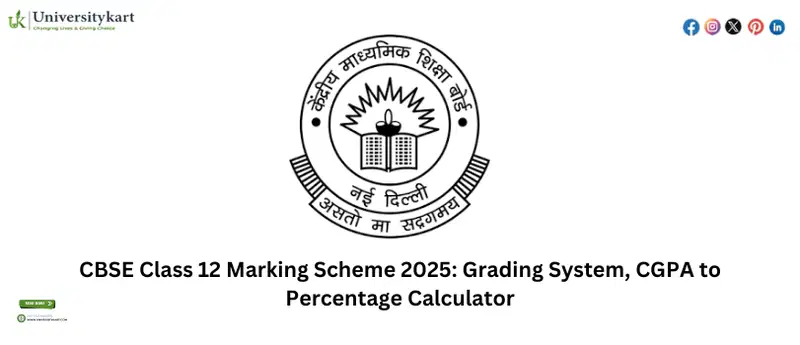
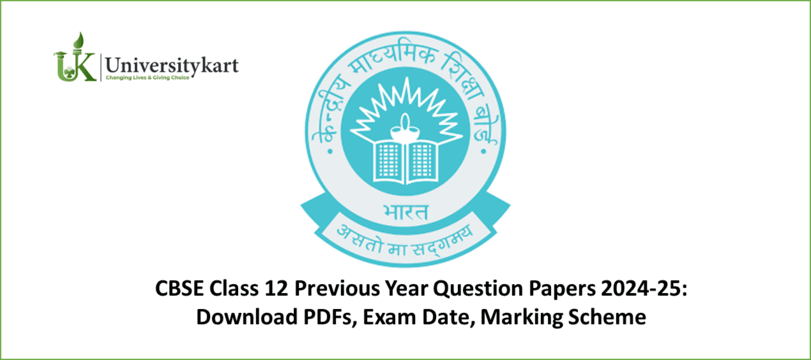
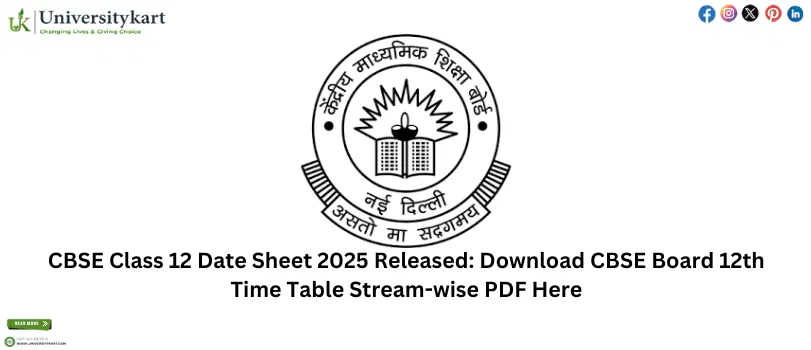
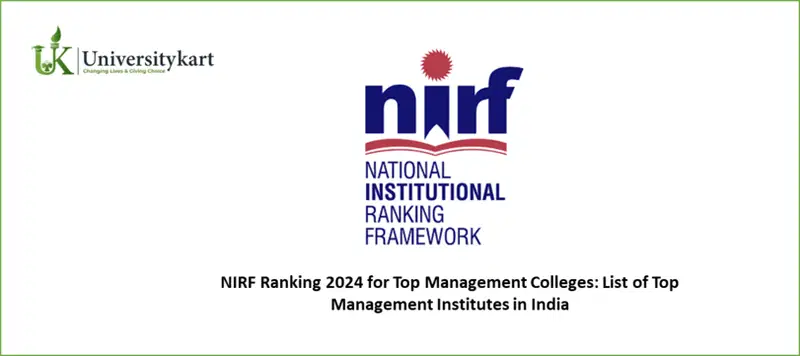
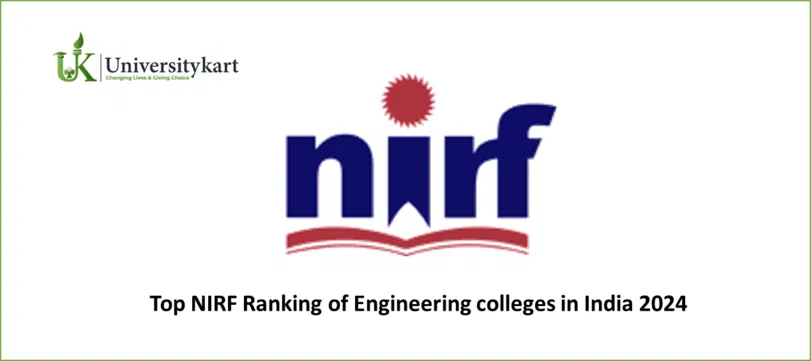

 back
back